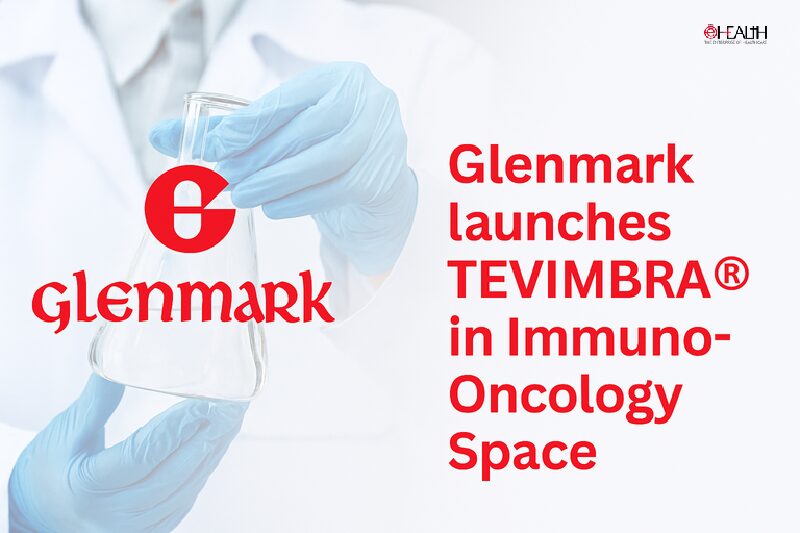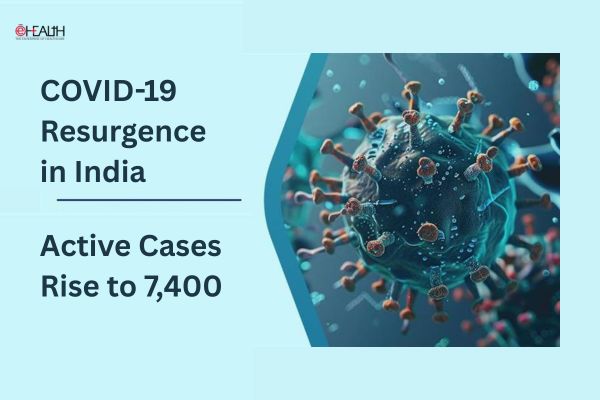
The healthcare landscape in India is undergoing rapid transformation, driven by cutting-edge innovations aimed at improving patient outcomes, enhancing accessibility, and reducing treatment costs. Among the latest breakthroughs to capture global attention is the development of a novel drug delivery system for breast cancer treatment by researchers at the Indian Institute of Technology (IIT) Madras. This breakthrough, centered on the use of nanotechnology, holds immense potential for transforming the Indian healthcare industry, by providing more efficient, targeted, and affordable treatments for cancer patients.
The Breakthrough: Nanoarchaeosomes in Cancer Treatment
At the heart of IIT Madras’ innovation is the development of nanoarchaeosomes—a type of nanoparticle designed to carry and deliver anti-cancer drugs directly to the targeted cancer cells. This technology promises to revolutionize the way breast cancer is treated, addressing several key challenges associated with traditional therapies like chemotherapy and radiation.

A Safer and More Effective Alternative
Traditional treatments, while effective to an extent, come with significant drawbacks, including toxicity, severe side effects, and reduced effectiveness over time due to the development of drug resistance. In stark contrast, the nanoarchaeosome drug delivery system is designed to target cancer cells specifically, leaving healthy cells unharmed. By using biocompatible nanocarriers, the system minimizes the side effects associated with conventional treatments, such as hair loss, nausea, and fatigue, ultimately improving the patient’s quality of life during treatment.

For India, where cancer care is often fragmented and access to effective treatments can be a challenge, this innovative drug delivery system presents an opportunity to bring more targeted therapies to patients, especially in rural and underserved areas. The controlled release mechanism ensures that chemotherapy drugs are delivered efficiently and stay active at the tumor site for longer periods, reducing the need for frequent treatments and minimizing unnecessary dosing.

Empowering Indian Healthcare Providers and Pharmaceutical Industry
The adoption of this new technology can significantly impact the Indian healthcare industry. Healthcare providers, including hospitals, diagnostic centers, and oncology clinics, will be able to offer more precise and less invasive treatment options. This could lead to improved patient outcomes, reduced hospital stays, and lower healthcare costs, making cancer treatment more accessible and affordable.

For the Indian pharmaceutical industry, this technology represents a potential game-changer. Pharmaceutical companies can collaborate with researchers and healthcare providers to scale up the production of these innovative drug formulations. This partnership could not only expedite the clinical trial process but also ensure that India becomes a key player in global cancer treatment markets, offering competitive advantages in terms of cost-effective solutions.
In addition, the biotechnology and nanotech sectors stand to benefit significantly from this innovation. The development, manufacturing, and commercialization of nanoarchaeosomes could drive growth in India’s rapidly expanding biotech ecosystem, opening doors to global collaborations, research funding, and new market opportunities.
A Promising Future: Global Collaborations and Clinical Trials
As this technology progresses, the next crucial phase is testing its efficacy in animal models, which could set the stage for clinical trials. The IIT Madras team has already secured an Indian patent for this innovative system, with plans to collaborate with the healthcare and pharmaceutical industries for large-scale clinical trials. For the Indian healthcare sector, this presents an exciting opportunity to engage in strategic partnerships, facilitating the commercialization of this technology and expanding its reach both domestically and internationally.
Given the global impact potential, Indian healthcare companies, especially those focused on oncology, biotechnology, and pharmaceuticals, have an opportunity to partner with IIT Madras and other research institutions to bring this breakthrough technology to the market. This collaboration could expedite the development of a global distribution network, ensuring that patients in both developed and emerging markets benefit from the treatment.
Addressing Storage and Distribution Challenges
One of the key advantages of nanoarchaeosomes is their stability at high temperatures, which means they can be stored at room temperature. This feature could prove to be a game-changer for India’s healthcare system, where logistical challenges in storing and distributing drugs to rural and remote regions are significant. The ability to store the drug formulations at room temperature eliminates the need for complex cold storage systems, thereby reducing the cost and complexity of supply chain management, making these life-saving drugs more accessible to all, regardless of location.
Also Read :- Dentalkart Expands with Smileworks, Paving the Way for India’s 6000 Cr Dental Laboratory Market
Enhancing Patient Access and Affordability
Another critical advantage of the nanoarchaeosome system is its potential to make cancer treatment more affordable. In a country like India, where cost barriers often prevent patients from receiving timely treatment, this system could bring much-needed relief. By reducing the frequency of treatments and minimizing the adverse side effects, the new drug delivery system could significantly lower the overall cost of treatment, making breast cancer care more accessible to a larger segment of the population.
As healthcare providers adopt this innovative treatment, they will be able to offer more cost-effective and personalized care, which can lead to better patient adherence and overall satisfaction. In the long term, the widespread implementation of this technology could substantially reduce the burden on India’s public healthcare system, which currently faces pressure from the rising incidence of cancer and other chronic diseases.
A New Dawn for Cancer Treatment in India
The breakthrough by IIT Madras offers a glimpse into the future of cancer care in India, where nanotechnology is poised to play a pivotal role in transforming treatment protocols, improving patient outcomes, and ensuring broader access to life-saving therapies. For the Indian healthcare industry, this is an exciting development that could drive collaboration, innovation, and new business opportunities across the entire healthcare ecosystem.
With ongoing research, clinical trials, and partnerships with key players in the healthcare and pharmaceutical sectors, the nanoarchaeosome drug delivery system has the potential to redefine the landscape of breast cancer treatment in India, offering hope to millions of patients and ushering in a new era of precision medicine.
Be a part of Elets Collaborative Initiatives. Join Us for Upcoming Events and explore business opportunities. Like us on Facebook , connect with us on LinkedIn and follow us on Twitter , Instagram.
"Exciting news! Elets technomedia is now on WhatsApp Channels Subscribe today by clicking the link and stay updated with the latest insights!" Click here!
















